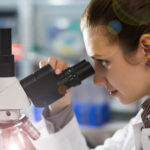
New study reveals how breakfast affects fat cells
Regularly eating breakfast affects the body’s fat cells by decreasing the activity of genes involved in fat metabolism and increasing how much sugar they take up, according to new research from researchers in the University of Bath’s Department for Health. The paper, published in The Journal of Physiology, also shows some important links to diabetes … Continue reading New study reveals how breakfast affects fat cells
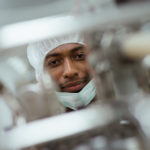
Fake poo could save thousands of lives
A research project being led by the University of Bath is addressing the issue of safely disposing human waste by developing and testing fake poo in order to test and understand the drying process of faecal sludge. Across the world 2.7 billion people do not have access to a flushing toilet, and instead rely on … Continue reading Fake poo could save thousands of lives
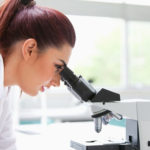
Simple water test could prevent skeletal fluorosis
A simple colour changing test to detect fluoride in drinking water, devised by researchers at the University of Bath, could in the future prevent the crippling bone disease, skeletal fluorosis, in developing countries such as India and Tanzania. While low amounts of fluoride are beneficial for healthy teeth, high levels of fluoride can weaken bones, … Continue reading Simple water test could prevent skeletal fluorosis
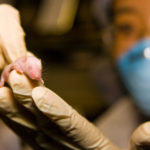
New drug is a different kind of antidepressant
A potential new antidepressant and antianxiety treatment with a unique mechanism of action has been developed by scientists at the University of Bath. The University of Bath reports that the compound has shown significant potential after studies in mice. The research is published in the British Journal of Pharmacology. Around one in six adults will … Continue reading New drug is a different kind of antidepressant
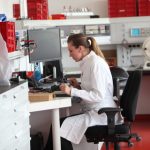
Testing wastewater could prevent epidemics
University of Bath researchers have developed new water fingerprinting technology to test a city’s water, which could soon be mitigating infectious disease, limiting the spread of antibiotic resistant superbugs such as E. coli, and enabling authorities to monitor the overall health of the public. The University of Bath reports that, in an internationally collaborative project, … Continue reading Testing wastewater could prevent epidemics
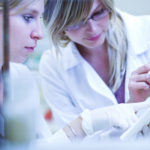
Research shines light on circadian clock in our muscles
The University of Bath has reported that new research published in Proceedings of the National Academy of Sciences (PNAS) from researchers in its Department for Health as well as international colleagues has shown a biological clock at work in muscle cells, which could be an important factor in regulating the metabolism and in the development … Continue reading Research shines light on circadian clock in our muscles
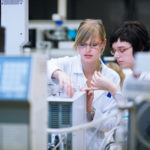
High number of joint replacements in former rugby players
The University of Bath has reported that, in new research from the Arthritis Research UK Centre for Sport, Exercise and Osteoarthritis, researchers from the University of Oxford and the University of Bath’s Department for Health have identified that former elite, male rugby union players are at a greater risk of suffering from osteoarthritis, joint replacement … Continue reading High number of joint replacements in former rugby players

Parasites can defend their hosts from other infections
The Conversation has reported that a new study by researchers at the University of Bath, published in Evolution Letters, shows parasites can readily evolve different mechanisms to defend their hosts from other infections, which suggests that host protection should be common in nature. The natural world is full of examples where parasites are harmful under … Continue reading Parasites can defend their hosts from other infections

3D printed microscopes to boost science in developing countries
The University of Bath is part of a new £1m research project that is looking at using cheap consumer electronics and 3D printed parts to create high quality scientific and medical devices at a fraction of the cost of alternatives. Dr Richard Bowman from the University of Bath’s Department of Physics, working with collaborators at … Continue reading 3D printed microscopes to boost science in developing countries

MRSA survival chances predicted by DNA sequencing
University of Bath scientists, publishing in Nature Microbiology, have said sequencing the DNA of MRSA can accurately identify patients most at risk of death and could help medics develop new treatments. MRSA is a Staphylococcus aureus bacterium that has become resistant to most types of antibiotics, and up to 20% of patients with invasive infections … Continue reading MRSA survival chances predicted by DNA sequencing








